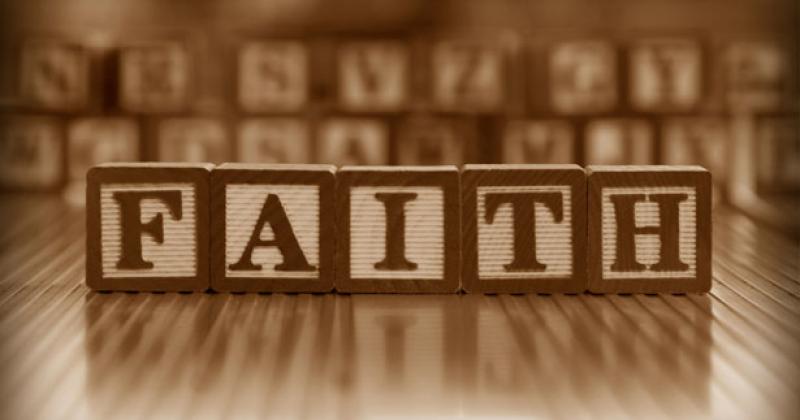The Higher Council of Ulema abolishes the death penalty for those who leave Islam and triggers a re-interpretation process of the sacred text. Interview with Archbishop of Tangiers.
The news from Morocco on the abolition of the death penalty for those who leave Islam for another faith has a tremendously important meaning. The fatwa (resolution) issued by the High Council of Moroccan ulemas and made explicit in “The Way of the wise men”, certainly reflects a position informally supported and popular within the reformist wing of the Islamic world, that the punishment is God’s prerogative in the afterlife not of man in the earthly life. The news, however, is that this position has been formalized for the first time from a theological-legal institution of the highest level. The Higher Council of Ulema, chaired by King Mohammed VI, is in fact considered the highest religious authority. But even more interesting than the fatwa itself, probably, is the process that led to it.
The ulema, in fact, have interpreted the sacred text in an innovative way, adapting to the current times and using modern criteria for judging cases of apostasy. The Koranic quotations subjected to a particular attention were the known hadith, which read, “Whoever changes religion, kill him” and “Who abandons religion is the one that breaks away from the group.” According to the interpretation of Moroccan experts, the sentences should be seen in the context of endemic war as the period when Islam was in its infancy and understood as the risk of a Muslim abandoning not only a religion, but his army to join the enemy: the Muhammad’s warnings have therefore more a political rather than dogmatic connotation.
This step adds to an ongoing transformation process that Morocco is undertaking, which is raising hopes among observers. More rights for women have been introduced in the Civil Code, in 2016 a document was issued where it was stated that religious minorities should be respected, while dates the end of January, the news of Morocco’s return within the African Union (Rabat he had left in 1984 to protest the simultaneous admission of the Sahrawi Arab Democratic Republic with which there has been an open dispute for decades Ed).
How is the Catholic Church reacting to this news? How is the Church’s relationship with Islam in this country set off to be a vanguard in the political and spiritual field? What is its perception on human, civil and religious rights? We spoke with Monsignor Santiago Agrelo, Archbishop of Tangiers.
“We are following with interest the evolution of the debate triggered by the news of this law on religious freedom. It is a process that we hope one day will see the light. It is already a good news that we are speaking about it and that somebody is working on it. The Church does not hurry these things. I would dare to say that we live more in harmony with the Gospel when circumstances seem less favorable for the Gospel and for us. “
What are the relations between Muslims and Christians in Morocco and what has been done for the dialogue?
“For a long time, in this country, the Church has chosen as the principal way to establish a genuine dialogue, the life of believers: our social commitment, our Christian witness, the” worn “gospel, and clearly it is an effective form of dialogue. I do not think that the Church enjoys in any European country the prestige it has in Morocco. And that, for me, is a direct result of that dialogue of life I mentioned. In this sense, I can say that relations between Muslims and Christians in Morocco are good; there is mutual respect and cooperation. “
What about individual rights?
“The day in Morocco, in addition to freedom of worship, which exists and is widely used, there will also be freedom of conscience or religious freedom, will be a great day in the recognition of individual rights process. However, the most important and harder step will not be the repeal of legal punishment, but that of social and family ones. There are countries with an Islamic majority in which the repeal process has been completed - Senegal, for example - but in many other countries of Islamic faith, it appears to me that this process has not yet begun. “
You have always been involved in the acceptance and protection of migrants transiting through Morocco in an attempt to land in Europe. What is your vision of the two continents so close and yet so far ideally?
“I think of my country, Spain, or Europe in general. Not only there is an irrational return of violence, there is also an obvious return to what I call the anti-person, against a single human being. A clear denial of the inalienable rights of each individual man. Which means that there is a return of fascist ideology, with unpredictable consequences ... actually, tragically predictable. We have seen it in history, and now, in so many current events “.
